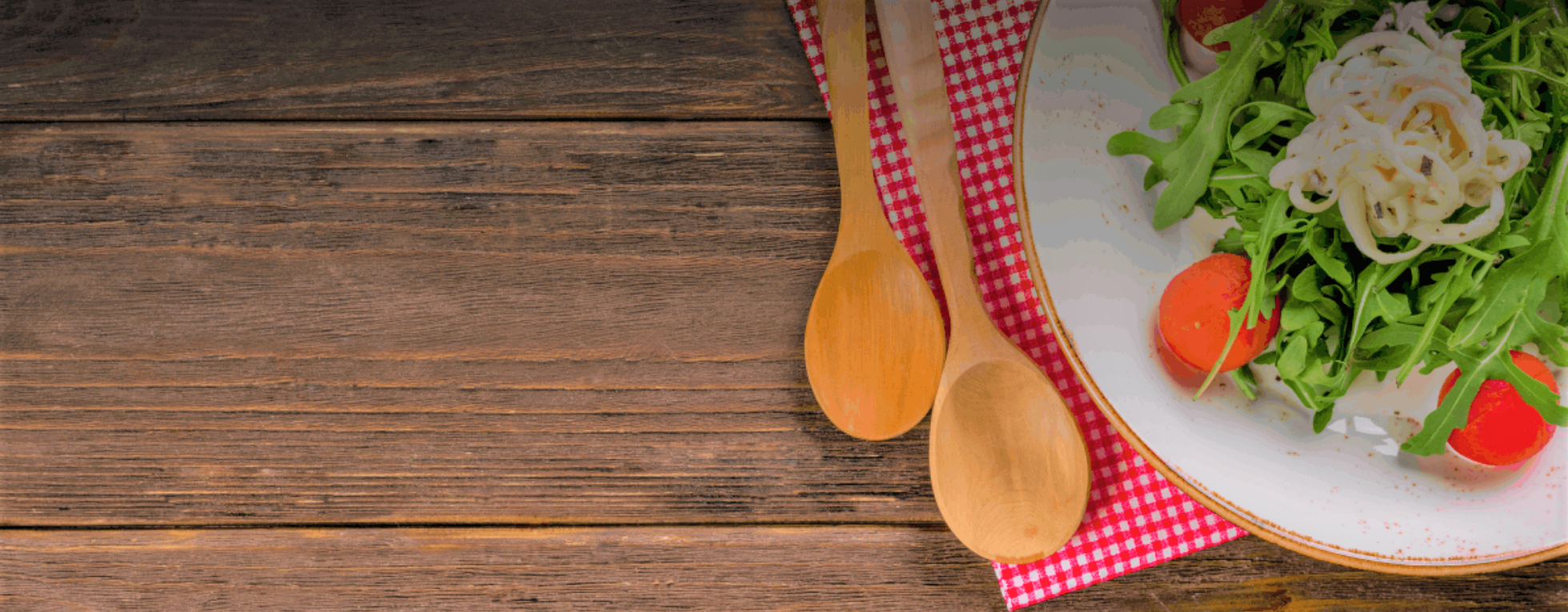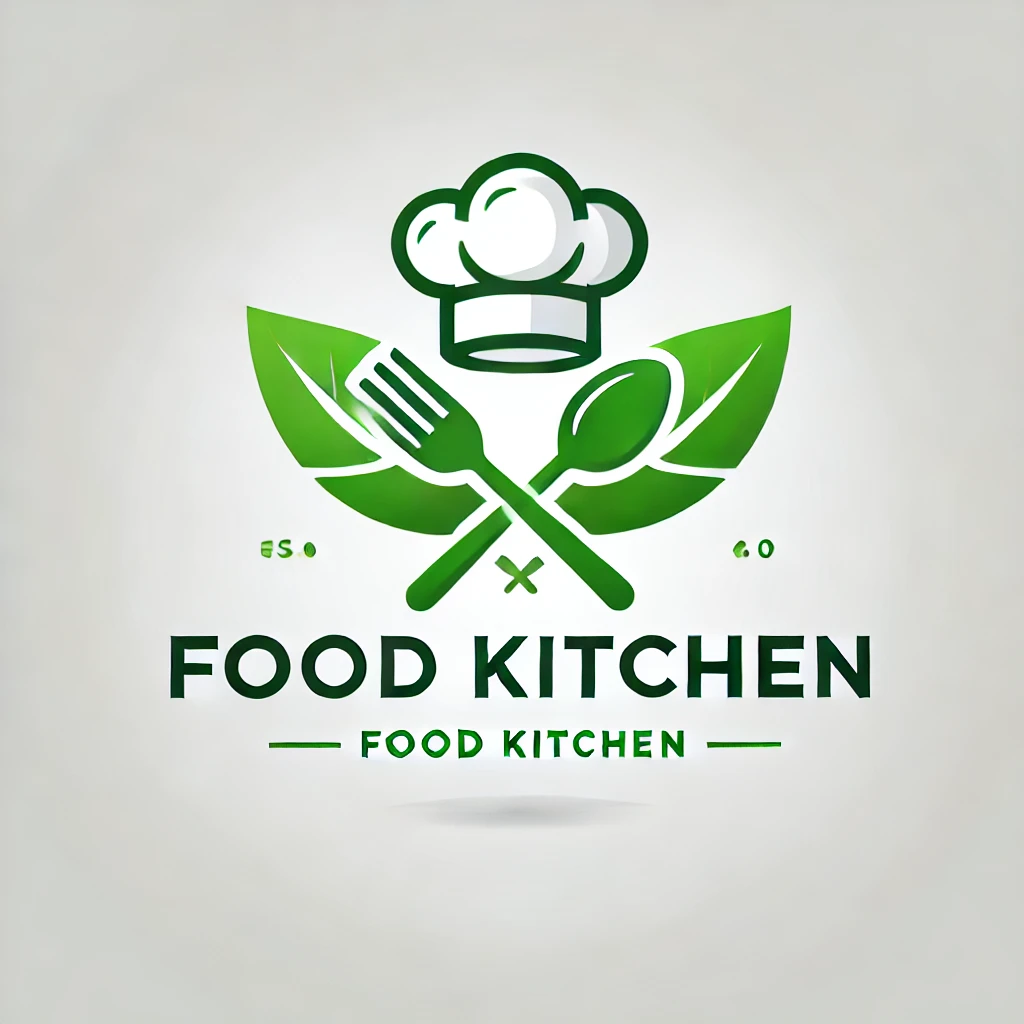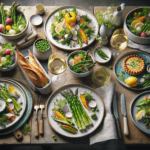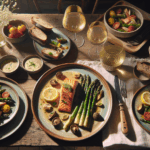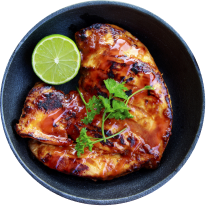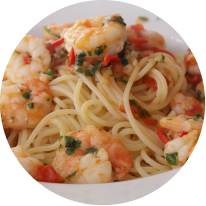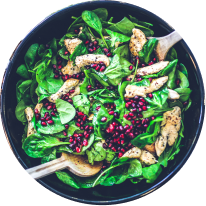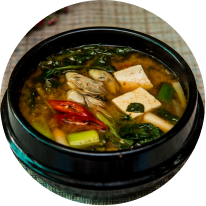9 Foods High in Vitamin K for Wound Healing, Healthy Bones & Heart Health
Vitamin K is an essential nutrient that plays a crucial role in wound healing, maintaining healthy bones, and supporting heart health. While it might not receive as much attention as other vitamins like C or D, a deficiency in vitamin K can lead to serious health concerns, including excessive bleeding, weakened bones, and cardiovascular issues.
Fortunately, there are plenty of delicious and nutritious foods rich in vitamin K that can help you maintain optimal health. In this article, we’ll explore nine foods high in vitamin K and understand why incorporating them into your diet is essential.
Why Is Vitamin K Important?
Vitamin K is a fat-soluble vitamin that primarily aids in blood clotting, preventing excessive bleeding from injuries. It also contributes to bone metabolism and helps prevent arterial calcification, which can reduce the risk of heart disease.
There are two main types of vitamin K:
- Vitamin K1 (Phylloquinone) – Found in plant-based sources like leafy greens.
- Vitamin K2 (Menaquinone) – Found in animal-based and fermented foods.
A diet rich in vitamin K can enhance your overall well-being by promoting proper blood clotting, strong bones, and cardiovascular health.
Foods High in Vitamin K
If you’re looking to boost your vitamin K intake, here are nine foods that can help.
1. Kale
Kale is a nutritional powerhouse known for being one of the best sources of vitamin K1. One cup of cooked kale provides over 1,000% of the daily recommended intake of vitamin K.
How to Include It in Your Diet: Add kale to salads, smoothies, soups, or stir-fries for an easy and healthy vitamin K boost.
2. Spinach
Spinach is another leafy green rich in vitamin K. One cup of cooked spinach contains about 888 mcg of vitamin K, which is over 740% of the daily value.
How to Include It in Your Diet: Enjoy spinach in omelets, sandwiches, or sautéed with garlic and olive oil.
3. Broccoli
Broccoli is packed with vitamin K, along with fiber, vitamins C, and A. One cup of cooked broccoli contains nearly 220 mcg of vitamin K.
How to Include It in Your Diet: Steam, roast, or stir-fry broccoli to retain its vitamin K content.
4. Brussels Sprouts
These small but mighty vegetables are loaded with vitamin K, providing about 160 mcg per cup. They’re also rich in antioxidants, promoting overall health.
How to Include It in Your Diet: Roast Brussels sprouts with olive oil, seasonings, and a sprinkle of Parmesan for a tasty side dish.
5. Collard Greens
Collard greens deliver an impressive amount of vitamin K, with one cup of cooked greens offering over 1,000% of the daily recommended value. They are also packed with fiber and other vital nutrients.
How to Include It in Your Diet: Sauté collard greens with onions and garlic, or add them to grain bowls.
6. Green Beans
Green beans are a great source of vitamin K, providing about 60 mcg per cup. They’re also a good source of vitamin C and fiber.
How to Include It in Your Diet: Enjoy green beans steamed, roasted, or added to casseroles and salads.
7. Fermented Foods (Natto)
Natto, a fermented soybean dish popular in Japan, is one of the best sources of vitamin K2. It contains nearly 1,000 mcg per serving, which helps in bone and heart health.
How to Include It in Your Diet: Eat natto with rice or add it to miso soup for extra flavor and nutrition.
8. Meat & Liver
Animal liver, especially beef and chicken liver, contains significant amounts of vitamin K2. Organ meats provide a variety of essential nutrients, including iron and vitamin A.
How to Include It in Your Diet: Try incorporating liver in pâtés, stews, or stir-fries.
9. Egg Yolks
Egg yolks contain small but valuable amounts of vitamin K2. Consuming pasture-raised eggs can provide higher levels of vitamin K compared to conventional eggs.
How to Include It in Your Diet: Eat eggs boiled, scrambled, or incorporated into various dishes.
How to Optimize Vitamin K Absorption
Vitamin K is a fat-soluble vitamin, meaning it’s best absorbed when eaten with healthy fats. To maximize your vitamin K intake:
- Drizzle olive oil over leafy greens.
- Pair vitamin K-rich foods with avocado, nuts, or seeds.
- Consume dairy or fatty fish alongside vitamin K-packed vegetables.
Who Should Be Cautious About Vitamin K?
While vitamin K is essential for health, certain individuals should be mindful of their intake:
- People on blood-thinning medications (e.g., Warfarin) should consult a doctor before changing their vitamin K consumption.
- Individuals with digestive disorders such as Crohn’s disease may have difficulty absorbing vitamin K.
Conclusion
Vitamin K is crucial for wound healing, bone strength, and heart health. Including vitamin K-rich foods like leafy greens, fermented foods, and animal-based sources can significantly benefit your overall well-being.
By adding these nine foods to your daily diet, you can ensure that you’re getting enough vitamin K to support optimal health. Remember to pair your vitamin K intake with healthy fats to improve absorption and consult a healthcare provider if you have concerns regarding vitamin K consumption.
Make vitamin K a priority in your diet, and reap the benefits of stronger bones, a healthier heart, and improved wound healing!
